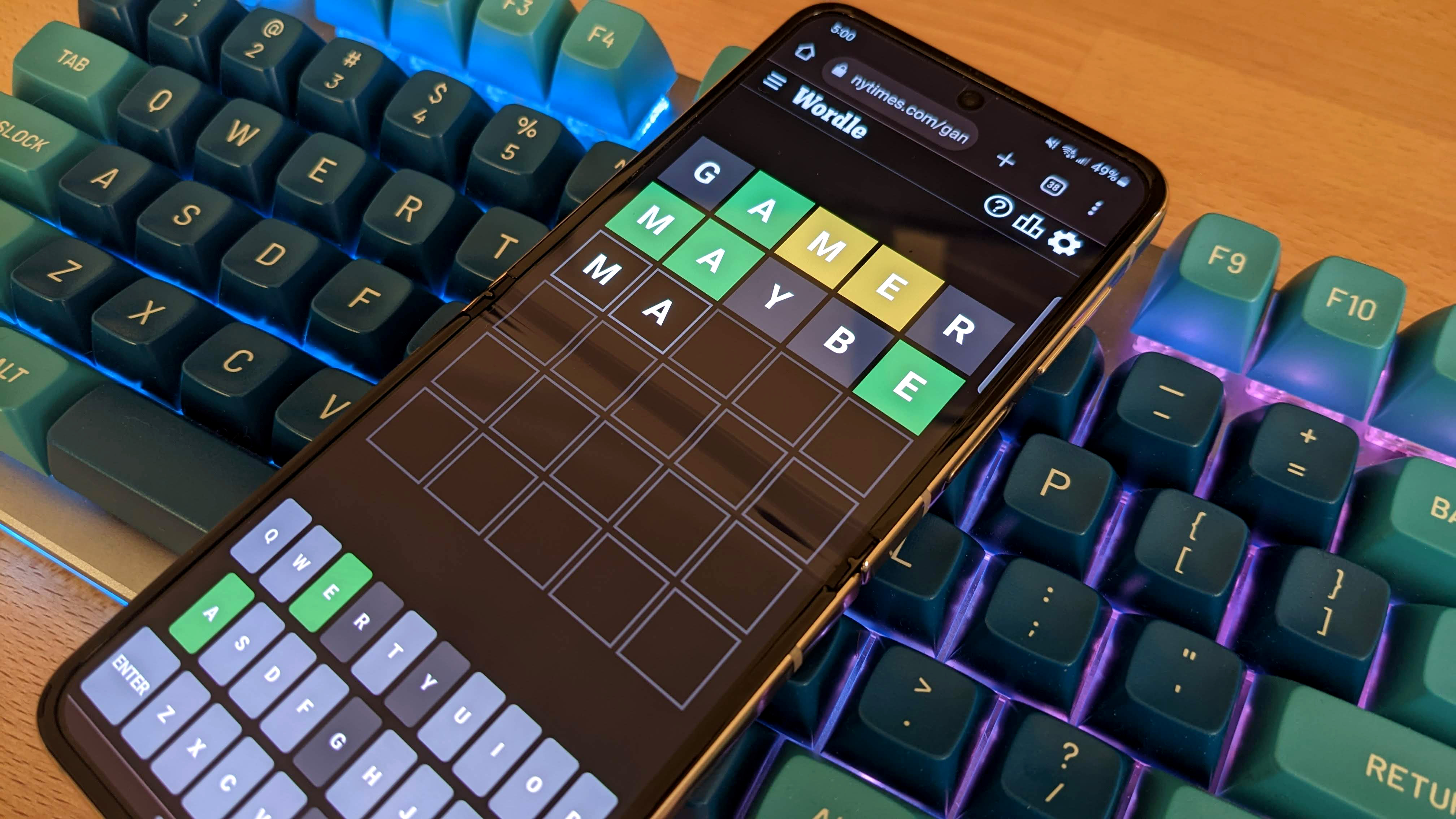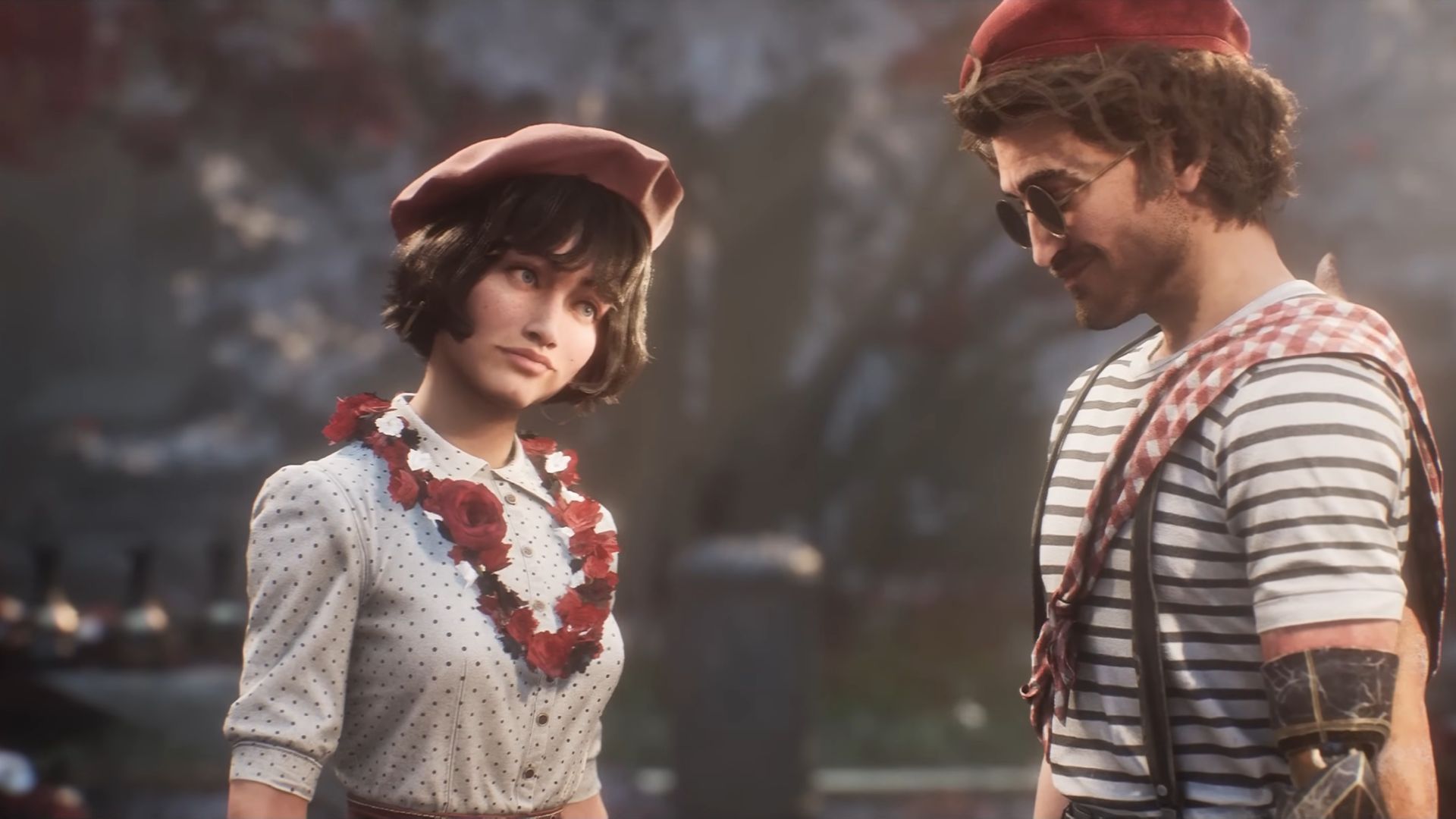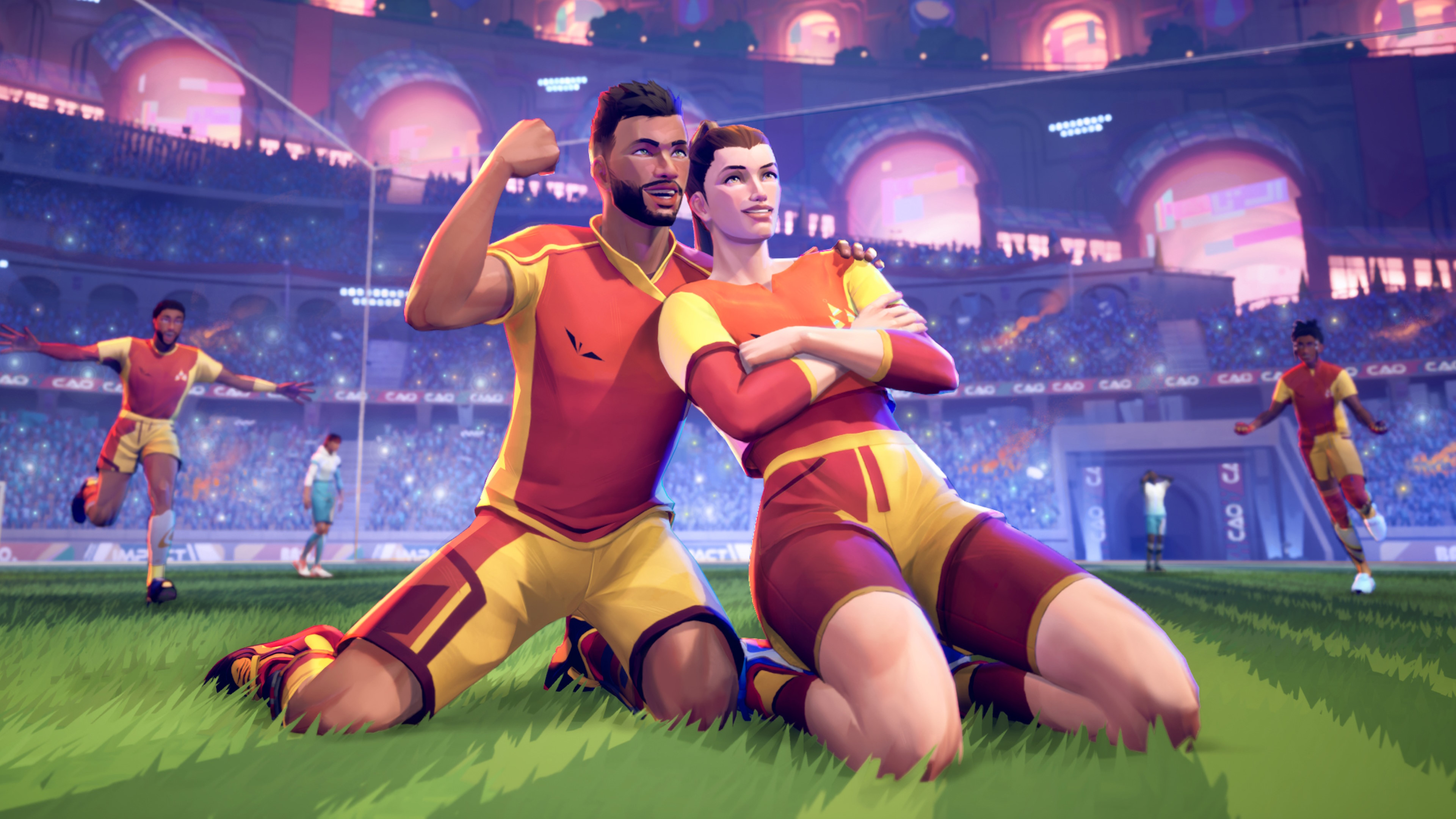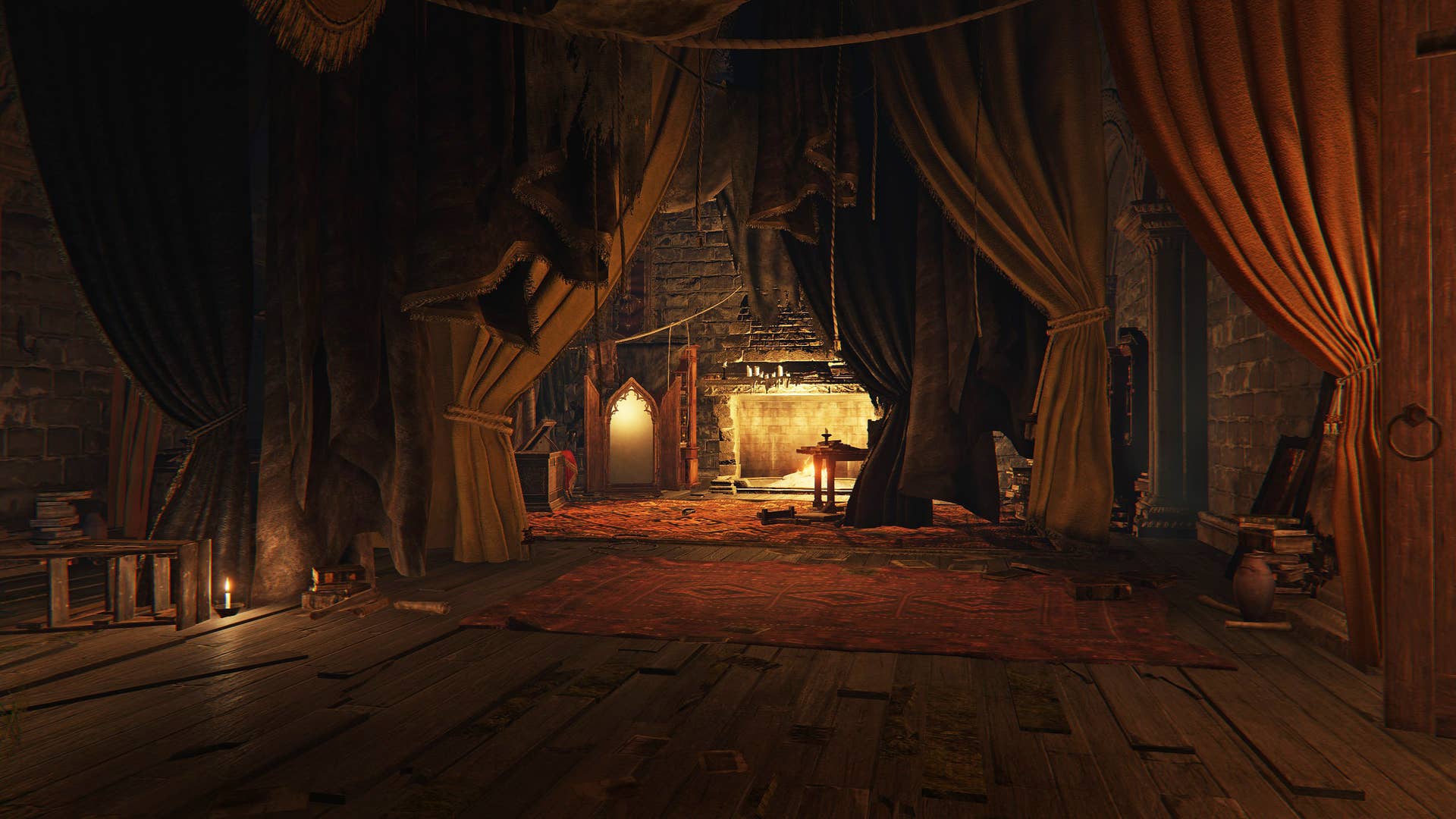
Riot Games has announced the 30 teams the developer has chosen to partner with for its three international leagues. Whalen Rozelle, the Head of Global Esports Operations at Riot, talked with Dexerto about learning from League of Legends esports, Challengers Acension, and more while at Valorant Champions.
Whalen Rozelle has been around esports for about a decade, starting in 2012 as the Director of Esports at Riot Games when the company still only had League of Legends in its portfolio. Rozelle spoke with Dexerto about the lessons he learned from League of Legends esports that have transferred over into the tactical FPS competition.
“You’re creating habits around watching esports week in and week out, putting an incredible production quality against it, because that’s what esports fans deserve,” Rozelle said about the LCS and Valorant.
“Those core things and fundamentals are very much things that we’re pulling into Valorant because, at the end of the day, the focus on the fan is ultimately what makes us successful as a company and that’s sort of the core ethos of who we are.”
The fan experience is something that Rozelle emphasized multiple times in our conversation. He said that Valorant becoming a successful esports game was in large part due to fan support of the game from an early stage, even back in the days of the beta.
The Riot executive said that for Valorant, every match should matter. Unlike in League of Legends, where the format for international events has been rigid across the years and sometimes leads to meaningless matchups, in Valorant, tournaments have changed their format in the last two years. The biggest competitions are now set in a GSL group stage leading to a double-elimination playoff bracket.
“We really do think that kind of thing allows a tournament to have impact and you really want to reward the fans for showing up. You always want to make sure that if they’re watching a match of Valorant, there are high stakes involved,” Rozelle said.
Outside of catering to fans, Rozelle mentioned how moving away from the franchise system Riot has in League esports was another lesson he learned. Creating international leagues is something that was pulled directly out of the League of Legends playbook, albeit with new details around how organizations were selected and the investment expected from Riot and the partnered teams.
“Instead of having teams investing a bunch of money into Riot, we actually want them to invest their money into building up their team, investing in the facilities, building their brand and building their fandom,” he said.
Challengers Ascension and Game Changers’ future in Valorant esports
Valorant esports has changed throughout its two years of competition. From the early Ignition Series events to the Valorant Champions Tour and now the partnered leagues, Rozelle and his team have been flexible around what Valorant esports looks like now and in the future.
When asked about how things have changed since the start of the process of picking teams to join the partnered leagues, Rozelle pointed towards Challengers Ascension. The second-tier competition and the ability for teams to be promoted into the partnered leagues — albeit only for a two-year period — was something that was not part of the initial plans, according to Rozelle.
“When so many teams applied we were like, ‘Okay, maybe it’s worth sort of reshaping our plans and pulling that plan forward,’” he said. “Ultimately, there will be a lot of teams that don’t make it into the league. We really want to make sure that they have confidence that they can have a path to competing, playing in Masters and Champions and ultimately being on the big stage.”
With the new Challengers circuit also comes questions around Game Changers and the tournament series’ future in the new system in 2023. Game Changers players won’t have to worry about choosing to compete in the Challengers week-to-week circuit over the next Game Changers tournament, according to Rozelle.
“What we really want is the women who play in Game Changers to be able to do both, and going forward, that will be the same thing, where if they want to participate in the Game Changers program, they can still play in Challengers, they can still, what I hope, play in the international league,” Rozelle said.
“That’s actually something that was really important to us, to ensure that it’s not a choice, and as such the primary sort of like connection point will be Challengers to the international leagues because anyone can play in Challengers.”
When asked if Game Changers will expand to include other underrepresented genders and identities in regions like EMEA, the Riot executive said that each region has its own culture and perspective on LGBTQ+ people and that a uniform policy across every region will not work.
“The goal though, as we approach Valorant in whole is to make it as inclusive an esport as possible and so Game Changers was very much our first salvo at trying to understand how can we expand and be more welcoming and change the way esports teams, fans and tournament organizers operate to be more inclusive. We certainly aren’t going to stop there, but these things take time and it’s very nuanced depending on where you are in the world,” Rozelle said.
Valorant fans will be able to see how Riot Games’ new vision for Valorant esports fits into place and impacts the scene at large come February 2023 as the VCT 2023 Kickoff tournament begins in São Paulo, Brazil.








